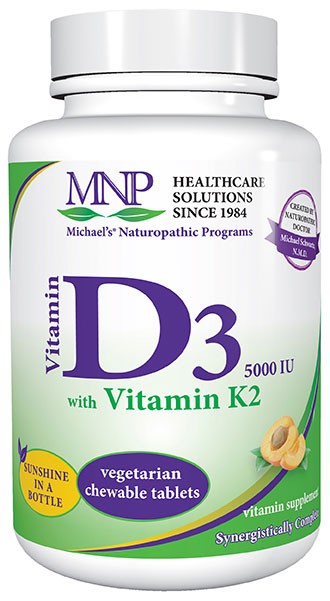If sniffling your way through winter with tissues in hand and a tickly cough is familiar to you, you’re not alone. In winter, it’s prime time for viruses like the common cold and the flu to spread across the population, so our immune systems and general health need a helping
hand.
Unfortunately, this is also the season many of us suffer from a lack of Vitamin D, also known as the sunshine Vitamin. Our bodies use the sun to create Vitamin D, and arriving at and leaving work in the dark while spending all day indoors (as is common during winter) can seriously impede our body’s ability to create this key vitamin.
While you can get Vitamin D from some food sources (oily fish, red meat, and fortified foods), the lack of winter sunshine leaves 1 in 6 of us with low levels of Vitamin D in our blood. This important Vitamin can be even harder for vegans and vegetarians who can’t get it from the most common food sources.
The solution? A Vitamin D supplement.
Here’s why all of us should be supplementing Vitamin D this winter.
- Vitamin D keeps bones, muscles, and teeth healthy
Vitamin D is a key nutrient that your body requires to stay healthy at all ages. Its key function is to regulate the amount of calcium and phosphate in the body.
Calcium is one of the vital minerals required for healthy bones and teeth while also playing a role in blood clotting, regulating heart rhythms, and allowing muscles to contract.
Meanwhile, phosphates are essential for producing energy, muscle and nerve function, and bone growth, making the regulation of both these key nutrients vital for a healthy body. - A lack of Vitamin D can lead to bone deformities
Getting sufficient Vitamin D is especially important in younger years when your bones are still developing. In children, a lack of Vitamin D can cause bone deformities such as rickets, with the most common cause of rickets being a Vitamin D or calcium deficiency.
Adults without sufficient Vitamin D can suffer from osteomalacia and related bone pain. - Supplementing Vitamin D is cost-effective
Sure, there are food sources of Vitamin D available when you aren’t getting enough sunlight. But unless you have the budget and the time to cook fresh oily fish and expensive red meats regularly for dinner, you’ll find it difficult to attain the recommended amount of Vitamin D from
food alone.
Plus, vegetarians and people with particular dietary requirements may be unable to eat adequate amounts of foods containing Vitamin D. A more cost-effective and simple way to get sufficient Vitamin D is by taking a supplement.
That way, you won’t have to plan meals obsessively to get this important nutrient from food.
Prioritise your health with a Vitamin D supplement
Vitamin D isn’t only necessary during winter. If you don’t get regular outdoor exposure to sunlight or you live somewhere with few sunny days across the year (we’re looking at you, Scotland), you might benefit from taking Vitamin D supplements all year long.
The good news is that taking a regular Vitamin D supplement doesn’t have to mean breaking the bank. Our popular Vitamin D supplement will see you through the winter months at an affordable price.
It’s combined with Vitamin K2, which ensures that the calcium production encouraged by Vitamin D3 ends up in your bones, not your arteries.
The best part? The chewable tablets come in a tasty apricot flavour, so no more gulping down unpalatable vitamins while holding your nose.

